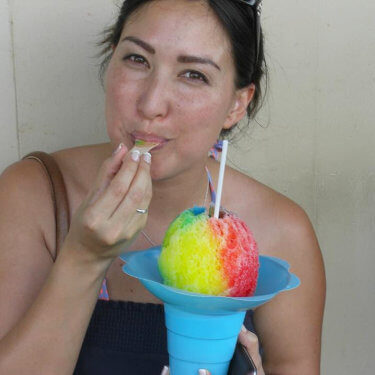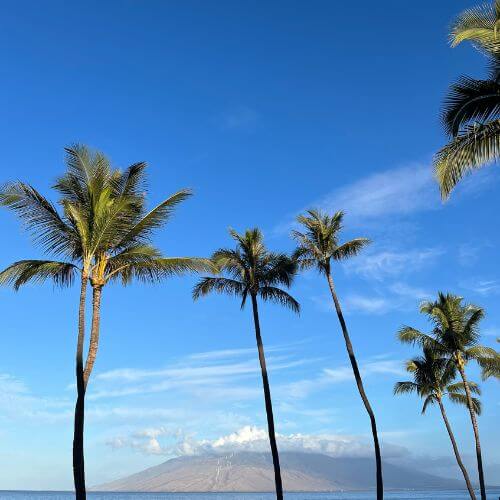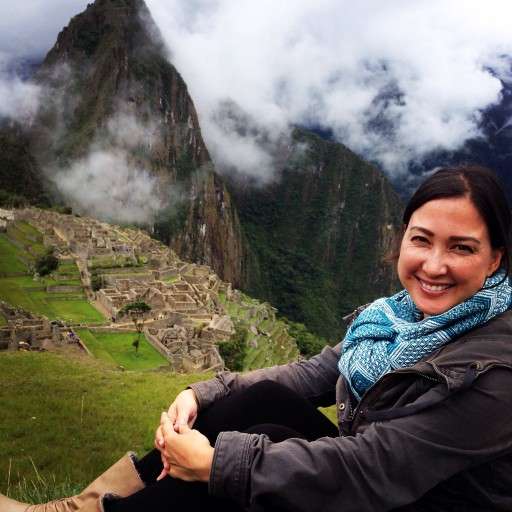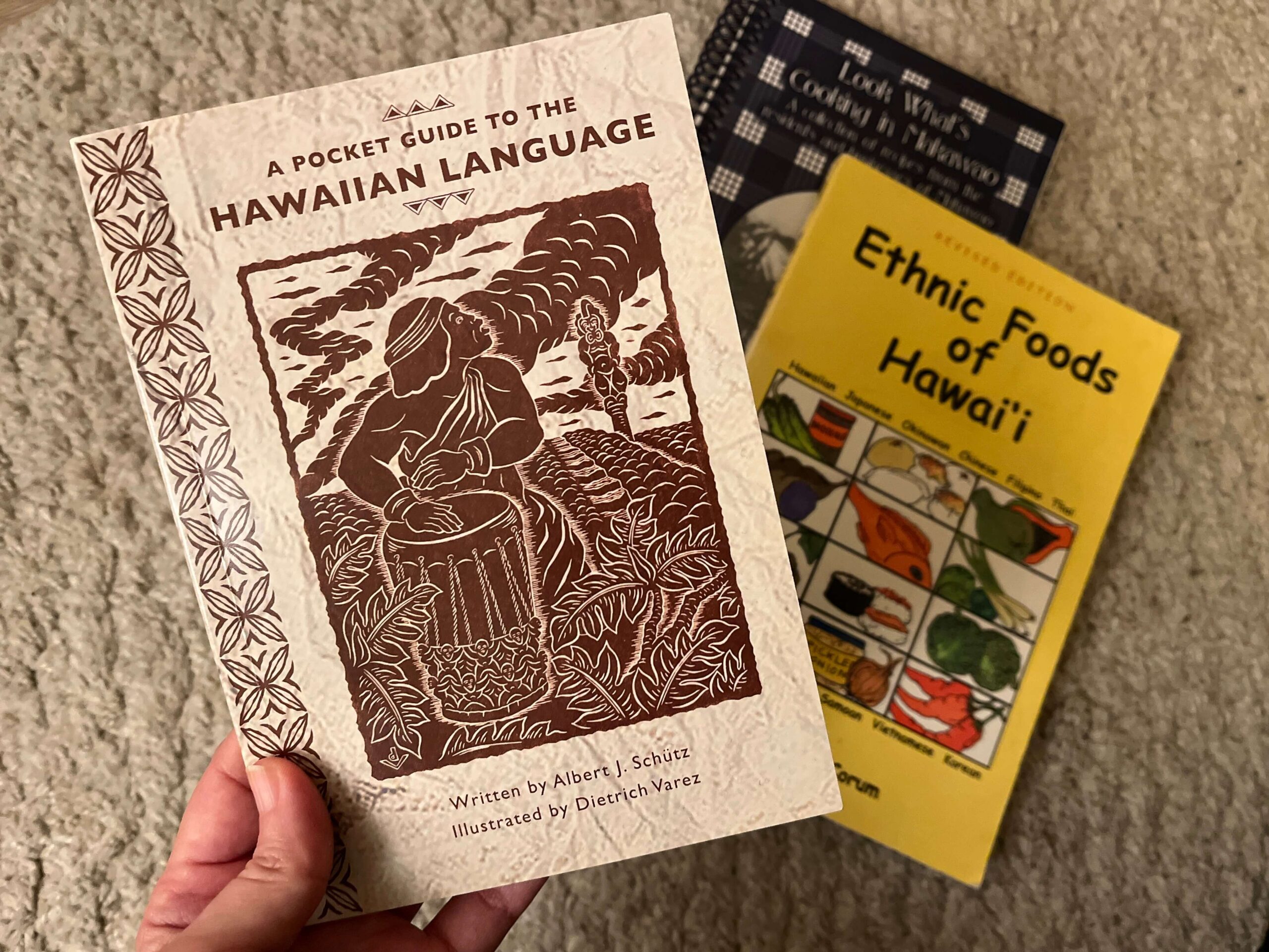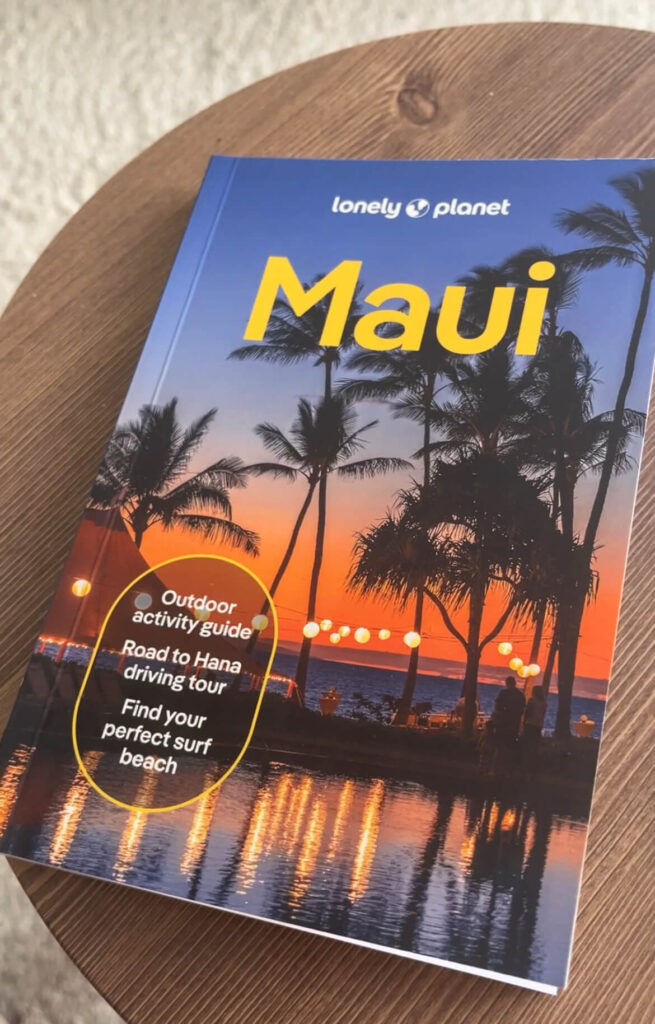Welcome to Shoyu Sugar
My name is Malia Yoshioka and I’ll be your guide through the delicious adventures of Shoyu Sugar, helping you to connect with people and places through language learning & food.
I’m slowly eating my way around the world, 43 countries and counting. Read on for the best insider tips from Hawaii to Istanbul, and everywhere in between.
Aloha!
I’m a freelance food and travel writer from beautiful Upcountry Maui, Hawaii. Over the past decade I’ve become a digital nomad, teaching English while I travel and write. I’m also a passionate language learner myself, and I use food and language to make deeper connections when I travel.
I truly believe that exploring a new place through its food unlocks stories, cultural insights, and meaningful connections that bridge the gap between travelers and locals.
From learning a few phrases in a local language to savoring a dish steeped in tradition, these moments fuel my desire to continue to learn and grow. It was out of this spirit that Shoyu Sugar was born.
Explore Shoyu Sugar
At Shoyu Sugar, I share insider tips on the best places to eat, visit, and experience—from the flavors of Hawaii to the rich culinary traditions of Istanbul, and beyond. I invite you to join me on this delicious journey around the world!
Work Together
As a freelance writer, I love to share my hometown favorites with the world. I’ve written for outlets such as Lonely Planet, The Washington Post, HAWAII Magazine, TripAdvisor, The Daily Meal, BootsnAll, Viator and Hotels.com.
As a content creator, I also share stories from Hawaii and destinations around the world. Please feel free to contact me for my media kit and rate sheet.

